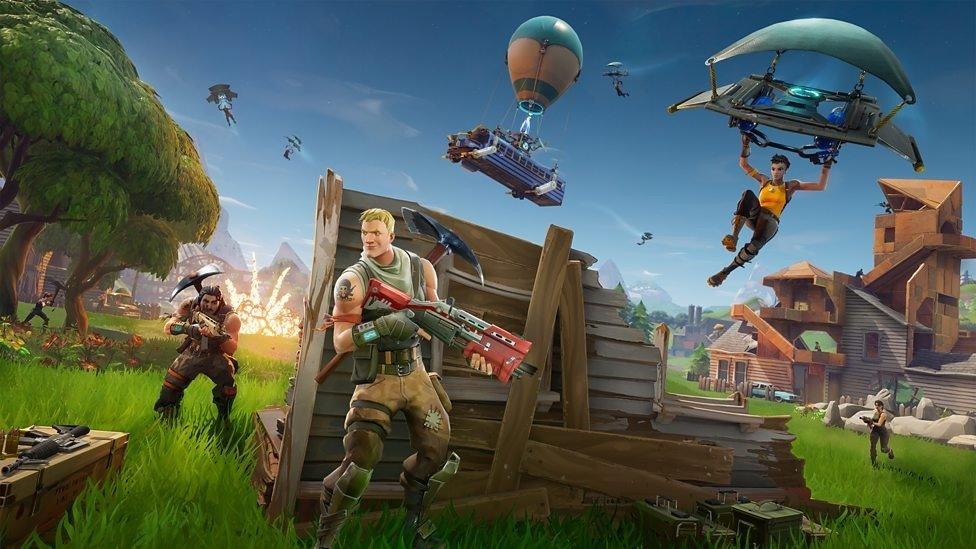Cornwall councillor criticises university gaming courses
- Published
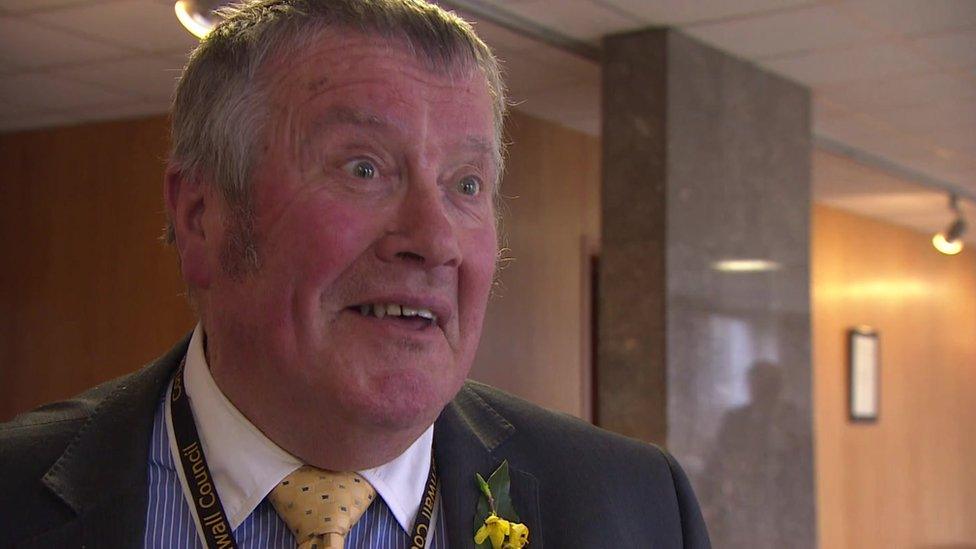
Neil Burden said gaming is "addictive" and "destroying lives"
A councillor has criticised university courses in computer game development, saying the gaming industry is "destroying lives".
Neil Burden has argued that Cornwall Council should not be funding a scheme at Falmouth University that focuses on creative and gaming industries.
He described digital gaming as "the most horrendous thing in the world".
Cornwall Council and the university said the sector brings both money and jobs to the economy.
The Launchpad programme, external helps students launch businesses in the digital sector and has a focus on creative and gaming industries.
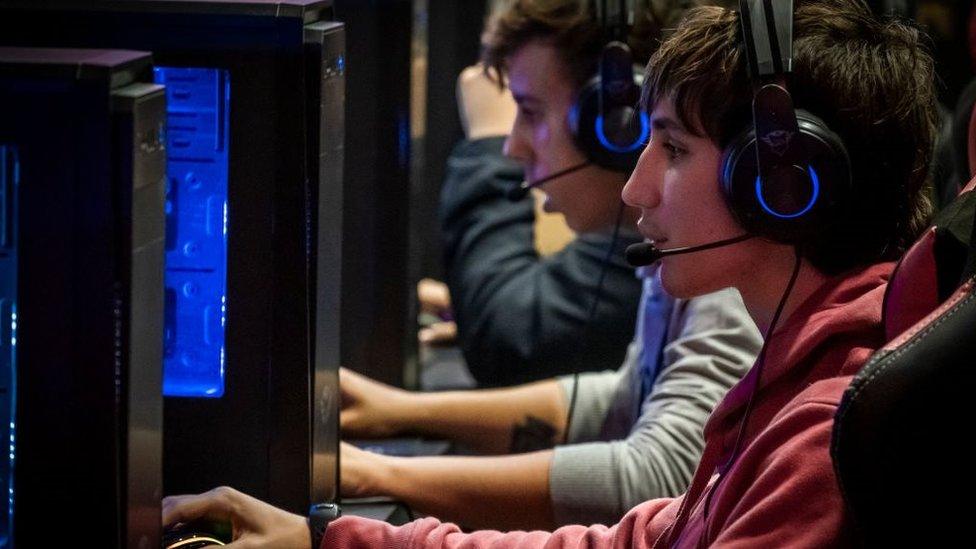
It is estimated 32.4 million people in the UK play games
Mr Burden spoke at a Cornwall Council meeting where a proposal to invest £900,000 was being discussed, said the Local Democracy Reporting Service (LDRS).
The independent councillor said he had previously had to stop one of his own family members from getting "addicted" to video games, and singled out the game Fortnite.
"I am appalled that our university in Cornwall thinks digital gaming is the most wonderful thing in the world. It is the most horrendous thing in the world," he said.
He suggested the university spoke to the council, adding: "We are creating more of this addictive stuff in Cornwall, destroying people's lives completely. I just feel it is very sad that we are part of that."
Deputy council leader Adam Paynter defended the gaming industry which he said was worth £3.86bn to the UK and employed more than 20,000 people.
He agreed certain aspects of the sector can be damaging but said "that is a tiny, tiny minority of the vast majority of stuff that is being developed and worked on through the UK industry bringing billions of pounds into the UK economy".
Nick Dixon, head of the Launchpad programme at Falmouth University, said it was helping to create "new businesses and jobs, for the benefit of the local economy".
He added: "Not only is the UK games sector now the biggest in Europe, our students are becoming experienced in technologies and skills that are in demand in other sectors."
- Published4 April 2019

- Published2 April 2019

- Published2 April 2019
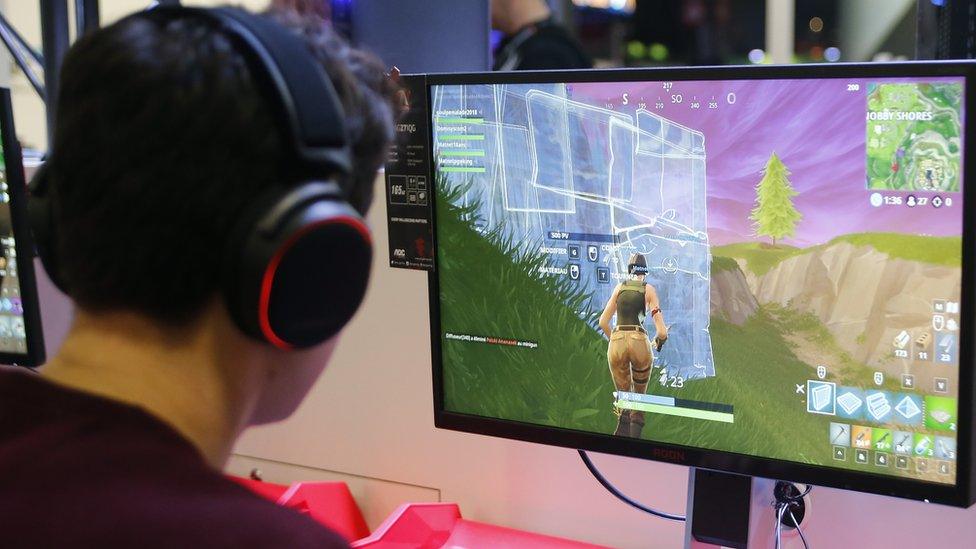
- Published6 January 2019
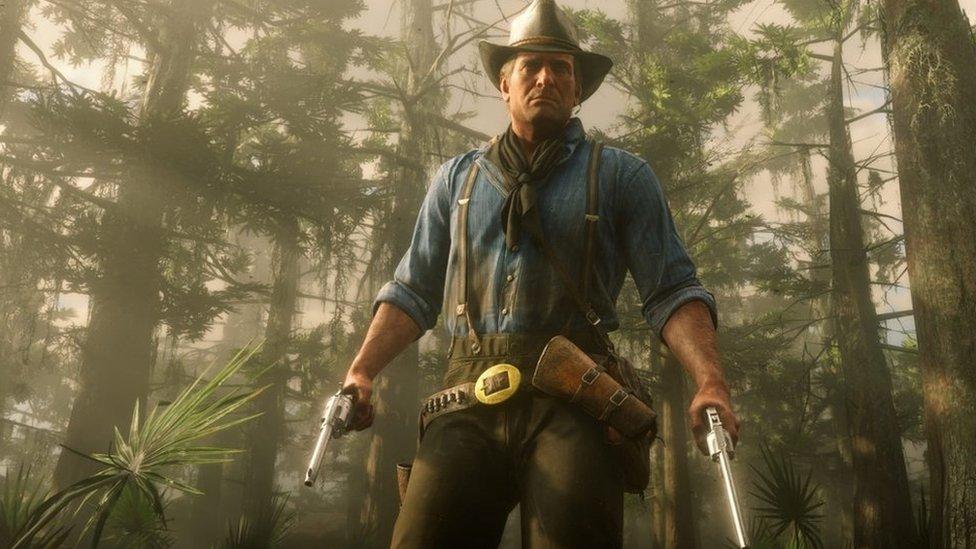
- Published17 September 2018
